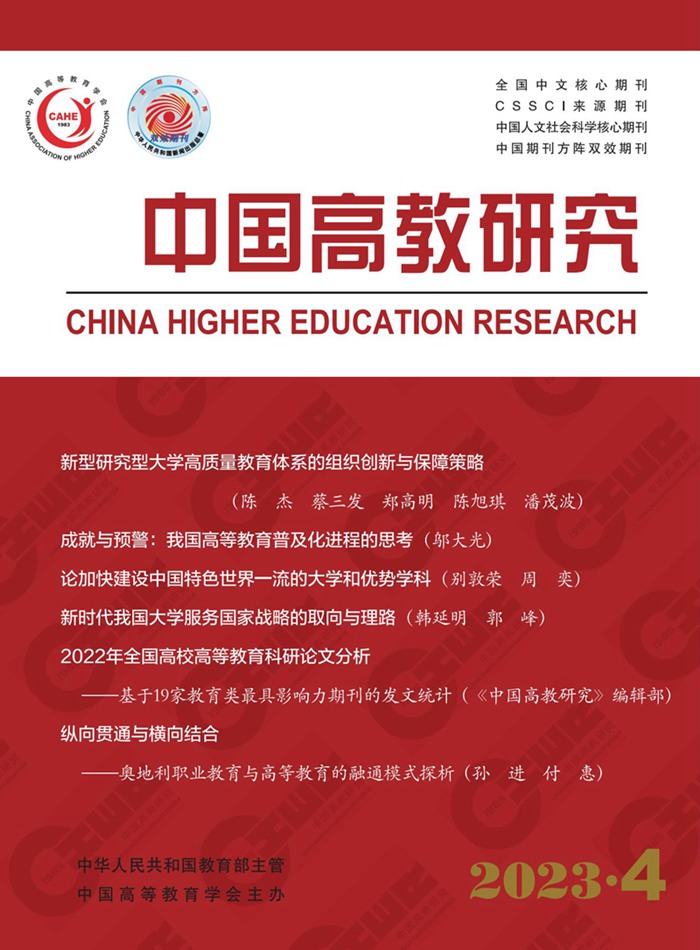Vocational Education
YU Chuang1; SHI Xingjun1; YANG Xiaozhen1; LV Xin’en2; MAO Haizhou1
It is of great theoretical value and practical significance to promote the high-quality integrated development of higher vocational education and private economy in the new era. Higher vocational education and the private economy have objective advantages in terms of interests, needs, elements and cultures. However, there are still game points or weak points in terms of value appeal, resource allocation and dynamic mechanism. To construct a benign ecology of integrated development of higher vocational education and private economy, firstly, we should explore the combination of interests and reach a basic consensus at the conceptual level; secondly, we should promote the organic flow and optimal allocation of key elements such as talent, technology, capital and culture; thirdly, we should follow the evolution law of interaction, cooperation, coordination and integration; fourthly, we should realize joint contribution and shared benefits in the field of action. To promote the high-quality integration, the government should give full play to the leading role to promote the organic coupling of education and industry, moreover the adaptive change and active service of higher vocational colleges, as well as the strategic vision and responsibility of private enterprises are needed.
